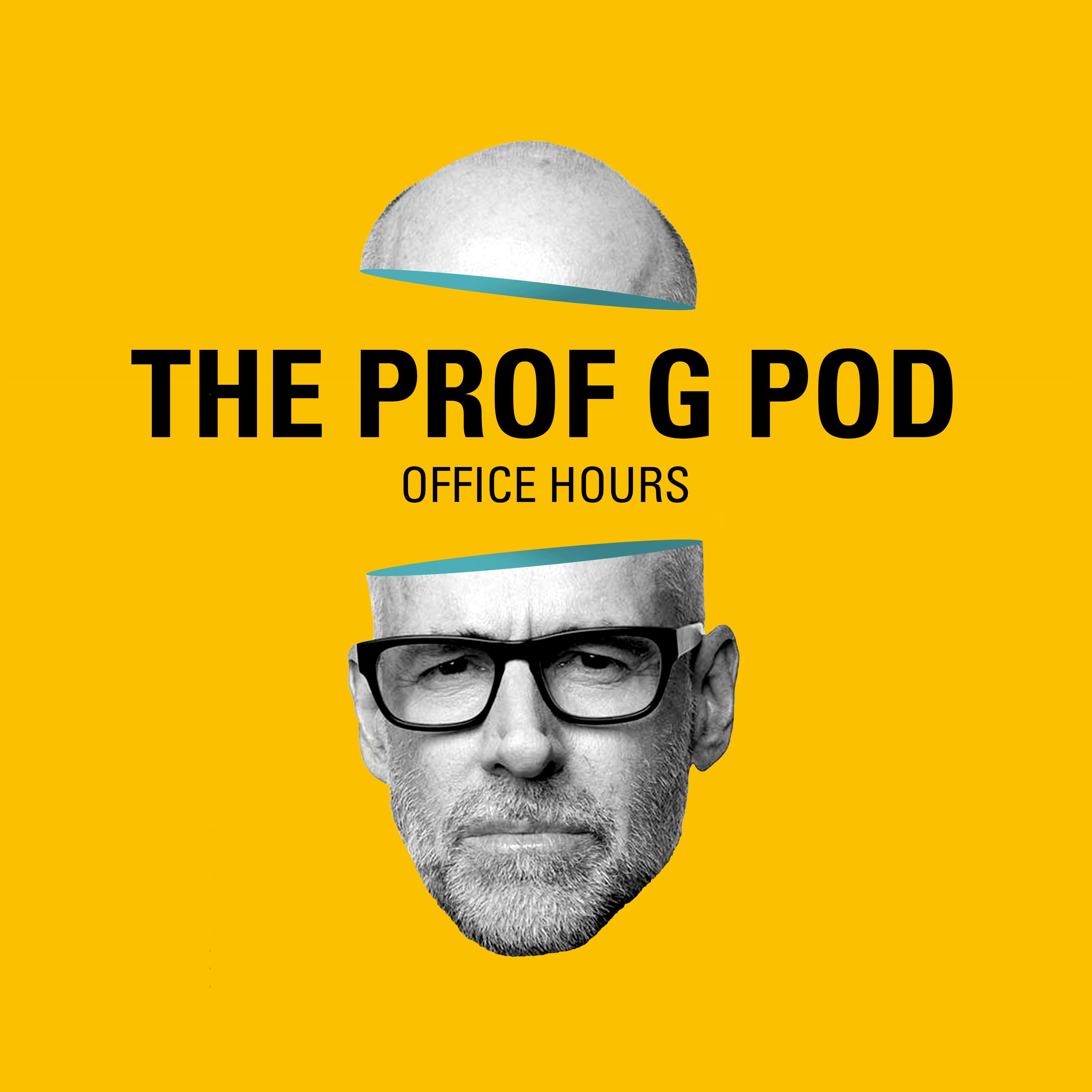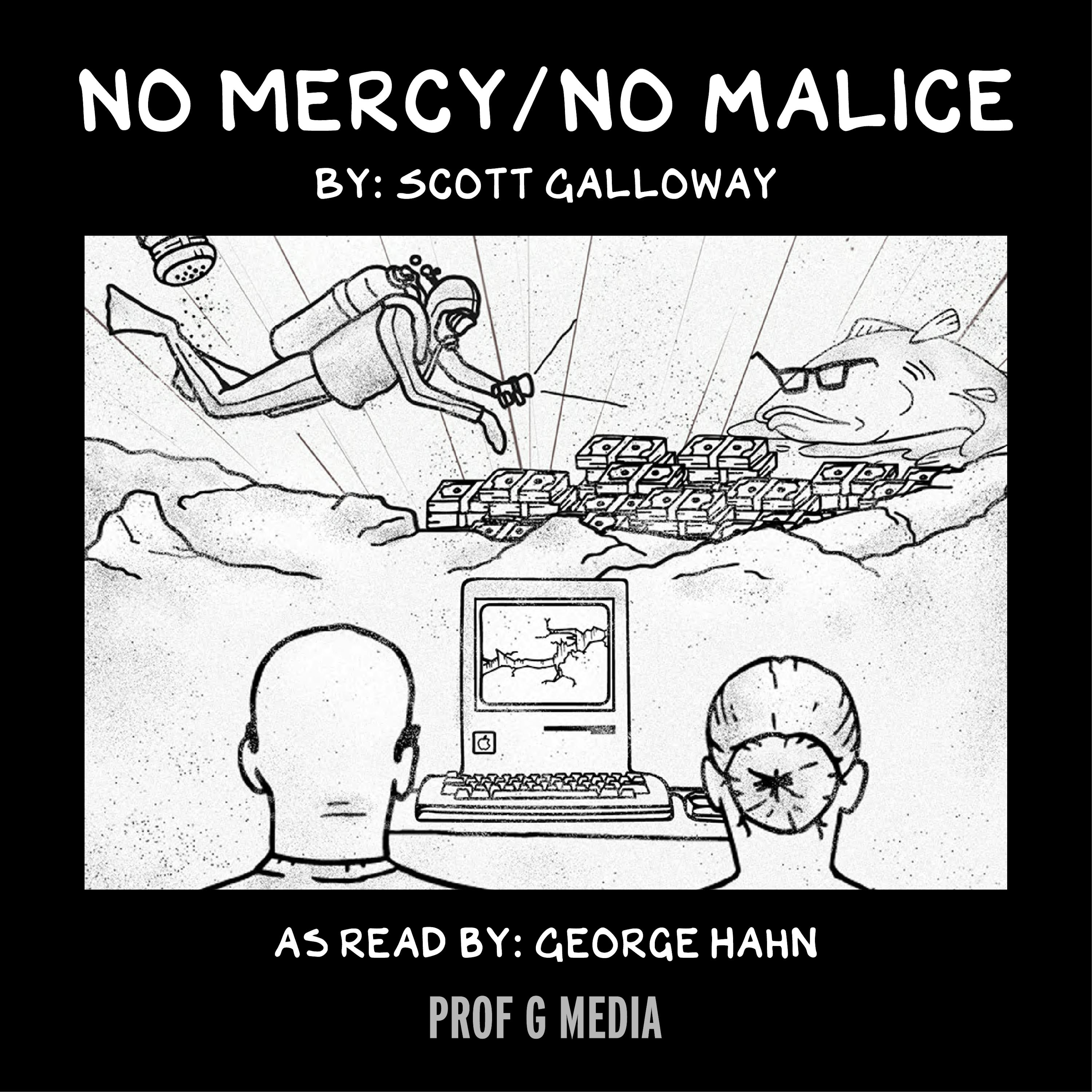Why Working-Class Voters Feel Left Behind, Wealth and Security, and How Scott Gives Money
Producer’s note: This episode was recorded prior to Charlie Kirk’s death.
Scott answers listener questions on why working-class voters feel left behind in politics, how wealth shifts your approach to personal and online security, and how he decides where and when to give his money away.
Want to be featured in a future episode? Send a voice recording to officehours@profgmedia.com, or drop your question in the r/ScottGalloway subreddit.
Learn more about your ad choices. Visit podcastchoices.com/adchoices
Scott answers listener questions on why working-class voters feel left behind in politics, how wealth shifts your approach to personal and online security, and how he decides where and when to give his money away.
Want to be featured in a future episode? Send a voice recording to officehours@profgmedia.com, or drop your question in the r/ScottGalloway subreddit.
Learn more about your ad choices. Visit podcastchoices.com/adchoices
Press play and read along
Transcript
Transcript is processing—check back soon.
The Prof G Pod with Scott Galloway — Why Working-Class Voters Feel Left Behind, Wealth and Security, and How Scott Gives Money





